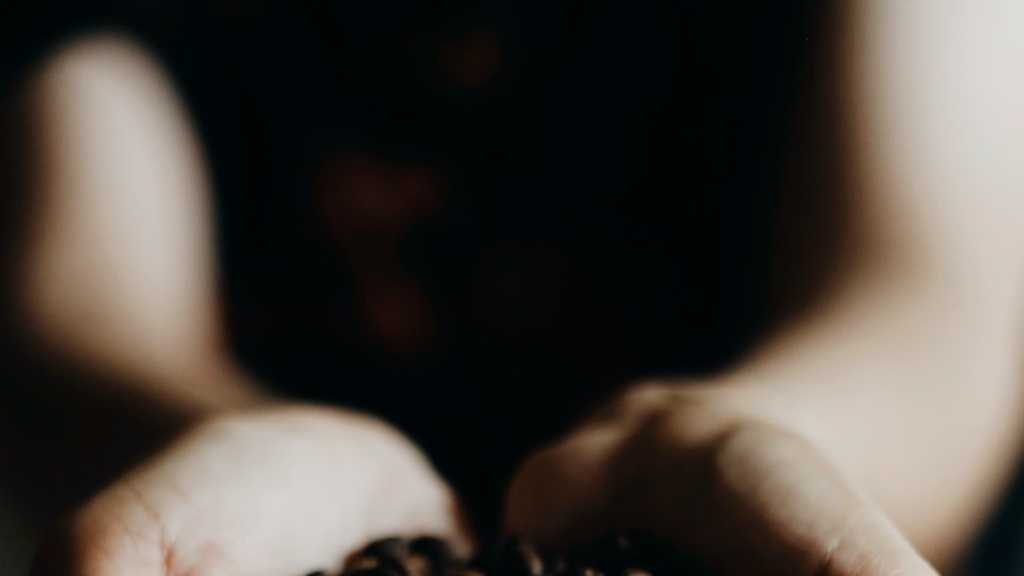When it comes to sweating after drinking coffee, there is no simple answer. Those who don’t generally undergo this experience are likely to think it peculiar and abnormal; however, many people will feel some kind of perspiration after taking a cup of coffee. The fact whether it’s healthy or not will only depend on the individual. So, let’s learn a bit more about the sweating reaction after drinking coffee.
Caffeine increases alertness, which can lead to higher body temperature, breath rate and faster heart rate. It’s this rise in body temperature that can cause excessive sweating. Despite this, it’s possible to reduce the sweating caused by coffee by drinking it with fewer servings of caffeine. People who are particularly sensitive may suffer from sweating after drinking even a small amount of caffeine.
Most experts agree that sweating isn’t necessarily a bad thing, unless it’s accompanied by cramps or unusual fatigue. As a matter of fact, sweating help to detoxify the body, which means it’s part of the body’s detoxifying functions. It also regulates body temperature, as it allows the body to cool down when it faces hot temperatures. However, due to individual responses, the same cup of coffee may have different reactions when it comes to the intensity of sweating.
It’s also worth noting that the type of beverage consumed and its quality will also have a say when it comes to the level of sweating. The ingredients added to the mix, such as sugar, cream, artificial sweeteners and other additives may come with different body reactions that in turn, could cause sweat or other such reactions.
That’s why it’s so important that you seek medical advice should you experience any further problems when drinking coffee.Your doctor can check whether the sweating is simply a reaction to caffeine intake or it is a symptom of other health issues. People with anxiety or other such conditions should consult a doctor before drinking coffee, as it could worsen the problem and increase their anxiety levels.
Finally, it’s reasonable to assume that if you experience profuse sweating after drinking coffee, it’s not advisable to drastically reduce your intake. Rather, consider using other natural alternatives that may help you to reduce caffeine intake on a slower yet healthier pace.
Drinking coffee in moderation
If you regularly experience excessive sweating after drinking coffee, it might be worth considering drinking it in moderation and cutting down on caffeinated drinks. If you are seeing a doctor, they might even suggest monitoring your intake of coffee and avoiding it at certain times of the day (for example, in the evening) in order to reduce any alertness which could lead to increased body temperature and subsequent sweating.
Reduced intakes can also help to reduce short and long-term side effects associated with caffeine intake. These side effects can include insomnia and headache, which can also be exacerbated from over-consumption of coffee.
You can also find ways to reduce your caffeine intake that can be even healthier than coffee. One of the simplest and most effective options is by substituting coffee for other drinks with lower levels of caffeine. These could include herbal teas such as chamomile, ginger or hibiscus tea.
You could also try low-caffeine teas like green or white tea, as they are rich in antioxidants. Another option is Decaf coffee, as it has fewer caffeine levels then regular coffee. Other natural beverages such as vegetable juice, lemonade, almond milk or smoothies are also excellent and healthy substitutes for coffee.
Making lifestyle modifications
Tackling sweating after caffeine intake can also require to intentionally make some lifestyle modifications. This could include attempt to avoid stress and feelings of anxiety, as these can cause perspiration too and make caffeine intake even more prominent as a trigger. Outdoor physical activity, such as jogging, can also be beneficial; it helps reduce the body’s heat levels, while also providing other health benefits.
Drinking more water is also recommended, as it helps the body to cool down, to balance body temperature and to keep hydrated. Other helpful tips can include breathing exercises, yoga and tai-chi, which also help calming the nervous system and keeping the body working in balance.
Finally, investing in a cooler wardrobe can also be beneficial; by using lose clothing that allow your body to keep cool, it will also help in reducing sweat levels associated with caffeine consumption.
Spotting abnormal changes in body after caffeine consumption
sweating is normal and healthy side effect of drinking coffee at moderate levels. Most people don’t experience any reddening of the skin or cramps, which is paired with excessive sweating in some cases. This is why it’s important to monitor your body reactions after drinking coffee.
In some cases, if the excessive sweating is caused by a serious health issue, the condit- ion might even worsen with caffeine consumption. Some individuals, for instance, may be intolerant to this drink and more prone than others to suffer high sweat levels when drinking it.
If the excessive sweat is accompanied by reddening of the skin and itching, it might be a sign of an allergy. It’s also possible that the person is experiencing heat strokes, as these tend to come with reddening of the skin, dry throat and dizziness.
In any case, if your sweating concerns increase, it’s recommended to see a doctor as soon as possible to rule out any underlying conditions to make sure that the sweating isn’t a symptom of anything else.
Understanding caffeine sensitivity
The way your body will react to caffeine also depends on your characteristics and history. There is such a thing as caffeine sensitivity, which simply indicates that some people are more sensitive than others to the effects of caffeine.
This means that they require fewer levels of caffeine in order to get the same effects as those with a standard response to caffeine. Therefore, this is another factor that could determine the level of sweating and other reactions to caffeine consumption.
Still, some people might find that it can take a few days for their bodies to get used to a change in caffeine consumption. It’s recommended for those that suffer from excessive sweating to gradually decrease the amount of caffeine consumed each day, in order to avoid any harmful effects or withdrawal symptoms.
Therefore, it’s important to carefully monitor and analyse the body’s reaction to any slight changes when it concerns caffeine. This will help us to better understand the complexity of our own reactions, and the best way to adjust to new drinking habits.





